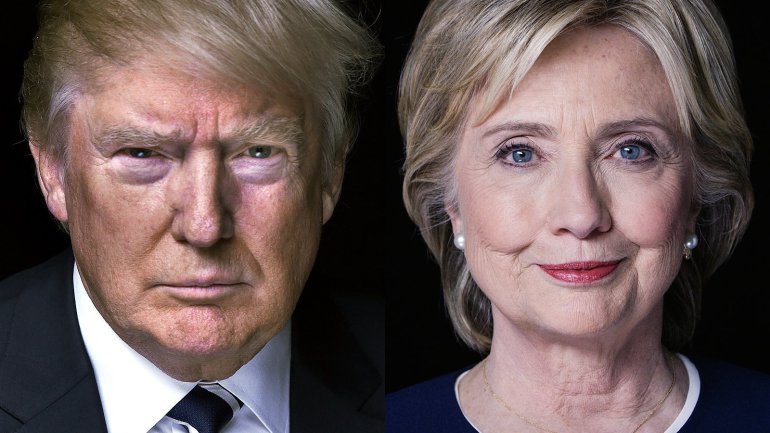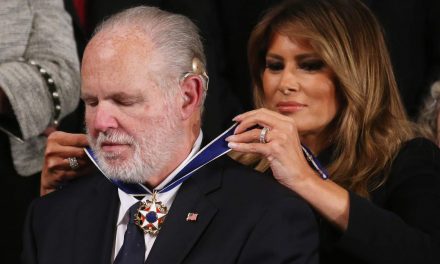Matt Yglesias helpfully explains how Donald Trump ran and won as a moderate Republican. He even has a succinct and blogger-centric way of making his point:
When I was a young blogger in the mid-aughts, the big issues in national politics were Social Security privatization, marriage equality, and the war in Iraq.
Trump ran as an Iraq War proponent who vowed to avoid new Middle Eastern military adventures, as an opponent of cutting Social Security and Medicare (and Medicaid), and as the first-ever Republican candidate to try to position himself as an ally to the LGBTQ community — going so far as to actually speak the words “LGBTQ.”
Trump also ran as opponent of free trade agreements. These unorthodox positions made him more popular with moderate voters, not less, and they gave permission to some lifelong Democrats to cross over to support a Republican presidential nominee.
Of course, to get to that point, moderates and soft Democrats had to get past Trump’s quirks, lack of qualifications and preparedness, hard-right views on race and immigration, and treatment of women. For a lot of people, these flaws just added to Trump’s attractiveness, but for others the fact that they’d finally found a Republican who would protect their retirement while promising to crack down on the loss of manufacturing jobs was enough for them take a chance.
Trump needed both groups to support him. The racists who came out of woodwork or crossed the aisle for him were important, but so were the people who simply shrugged off the things they didn’t like because of things they did like. Democrats were left wondering how people could vote for a guy who admitted to sexual assault on tape and said egregiously insensitive and hurtful things on a routine basis. But he offered an alternative for once for Rust Belt workers who blame free trade for job loss. For some gay voters, he seemed like a fiscal conservative who wasn’t an obvious enemy. For advocates of peace, he (and Russia) never tired of making Clinton sound like more of a risk. Trump would not have won without breaking with the Republican Party on some major issues.
Yglesias goes on to make two points about this. The first is about the value of winning with a moderate:
One reason liberals are reluctant to acknowledge that Trump ran and won as a moderate is that to their eyes, he’s scoring conservative policy wins all the time.
And that’s true. One could imagine a Republican reacting to Trump’s platform and saying, “Are you really expecting me to get excited about a president who doesn’t plan to challenge the biggest elements of the welfare state or the left’s single biggest culture war win in a generation?”
But it turns out that conservatives find it pretty exciting to be in power.
And the second is that the lesson from Trump’s success is not that you can say anything and nothing matters, but that taking popular positions on issues is better politically than taking unpopular positions on issues. In Trump’s case, it was his popular take on some key issues that allowed him to compensate for his unpopular ones and his many shortcomings.
I don’t think this ends the conversation about where the Democrats should position themselves. After all, I could argue that a progressive Democrat could also compensate for being an outlier in some areas by also taking some really popular positions that contrast with Trump. Just by being someone who is not Trump, the candidate is going to be doing something very popular with a lot of people. But Yglesias does us a service by reminding us that Trump was seen as more moderate by the public than Hillary Clinton, and as insane as that seems, it’s because he was more willing to break with his party’s orthodoxy.







